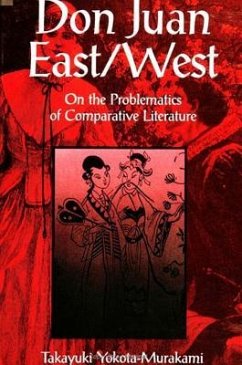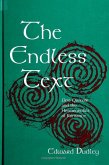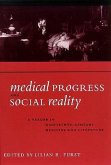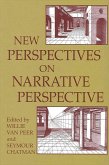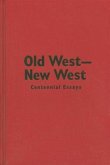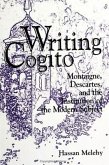From its early proponents via Rene Etiemble and Claudio Guillen to Jonathan Culler, comparative literature has always been viewed, with much hope, as a promising and effective means to break through the chauvinism of national literature studies and to promote international understanding. Don Juan East/West challenges this notion. Taking the comparison of the Western Don Juan and Eastern (mainly Japanese) "Don Juan" as a point of reference, the author convincingly argues that comparative literature has been a means of subsuming non-Western cultural tenets under the rubric of the Western paradigm. Comparativism has been used to redefine Japanese "libertines" so that they conform to the sexual ideology that has substantiated Don Juanism. To demonstrate this, the author combines genealogical and semiotic approaches and treats topics as varied as a reexamination of the theories of Saussure, Whorf, Searle, and Derrida; a historical description of the introduction of Western romantic love and sexological discourse to modern Japan; the conceptual problems foregrounding Don Juanism and its relationship to homosexuality; an analysis of sexual ideologies through examples taken from the Japanese translation of Russian literature; and the relevance of politics (Taisho democracy, the Marshall Plan, the reemergence of Japanese militarism, etc.) to comparative scholarship.
Hinweis: Dieser Artikel kann nur an eine deutsche Lieferadresse ausgeliefert werden.
Hinweis: Dieser Artikel kann nur an eine deutsche Lieferadresse ausgeliefert werden.

